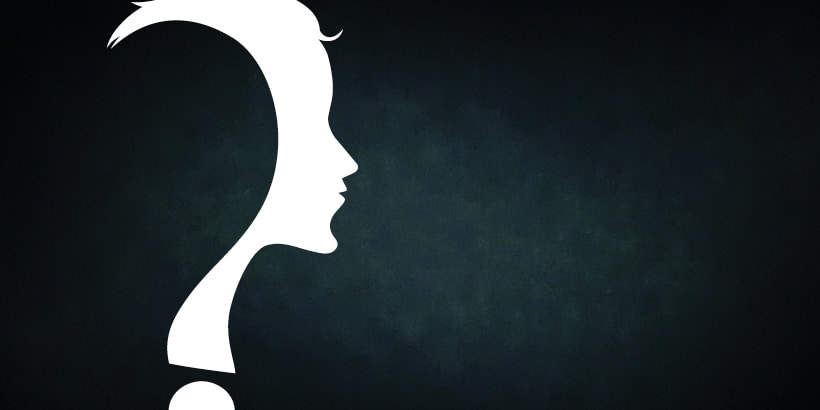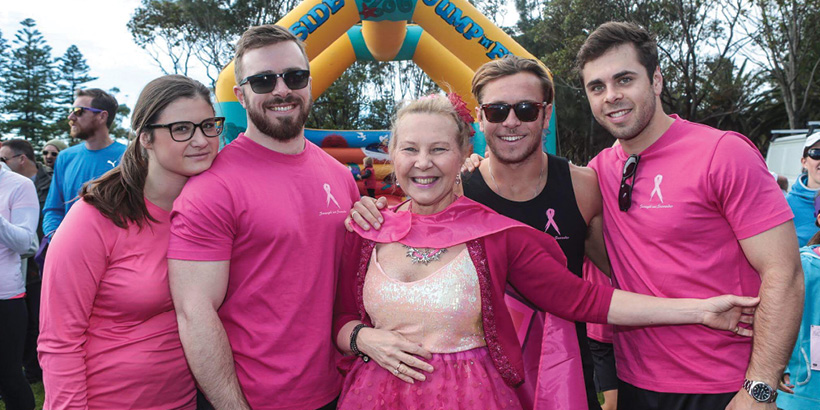
The right answers to the wrong questions
September 12, 2017
Through the looking glass
September 13, 2017DIT DIARY
Despite the challenges doctors-in-training face, it’s important to step back and look at the many rewards this career offers.
Contemporary medical training has many challenges. I won’t list them here because these hardships have, quite rightly, dominated media and community discourse for the last six months.
But in the midst of these challenges, it can be hard to recall the ambition that pushed us towards medicine in the first place. Even under the weight of our modern condition there are rewarding aspects to being a doctor. I’ve sought to remind myself of the things that make medicine a privilege, if only to get through yet another after-hours shift without having a tantrum and throwing the on-call phone in the toilet.
At the top of my list of what makes being a doctor worthwhile, is the academic pursuit of medicine and the opportunity to assist people in need. Admittedly, “helping people” sounds like a saccharine line from a medical school interview, but stereotypes sometimes find origins in truth. The world can be a heavy place. It is a privilege to be able to say to a patient ‘don’t worry I am here with you’ in a crisis, knowing that you eased their burden, even if only slightly. The concept of a profession that develops compassion as a special skill comforts me. Actually giving successful treatment is even better. Every day we see afflictions that at any other time in history (and in many countries still) would inevitably cause death. It’s the patient’s good fortune that they encountered a doctor with the training and resources to restore them to health, and that’s a good feeling.
Of course, without the thirst for knowledge we wouldn’t have the means to treat complex medical conditions. Thousands of individuals have observed, considered, and experimented to add their findings to the pool of our scientific knowledge. The opportunity to do your own research and discover something that, although perhaps not a game changer, was never previously known is very satisfying. When the job gets overwhelming, instead of crying in the cupboard, I highly recommend heading to radiology and staring at the MRI for awhile, contemplating what it actually took to create such an object. Radiology also has relaxing low-lighting, which helps too.
Friendships feature as another major reward. This is not only from a shared trenches experience; medicine grants access to a secret language. Laypeople don’t speak health jargon, which can only be learnt through a long commitment to study and practice. Outside of purely practical applications, shibboleths, in-jokes and codes can be used to speak to your friends. I need only murmur “high-expressed emotion” with a raised eyebrow to let my mates know exactly what they’re in for with a new patient. It may be slightly pretentious, but when you consider the complexity doctors can convey in a couple of sentences it is an amazing linguistic feat. Whether friends or not, we meet some of the most intelligent people in the world in our fellow clinicians. And finding out who doctors are outside of work is always fascinating; musicians, pilots, painters, writers, athletes and a few refractory party animals.
Medicine is a hard road. Many young doctors are struggling with a mounting lack of job security and the lack of guarantee our hard work will be rewarded in the long-term. Still, there are good things to be found in our day-to-day and reminding myself of this from time to time keeps me on the path.

